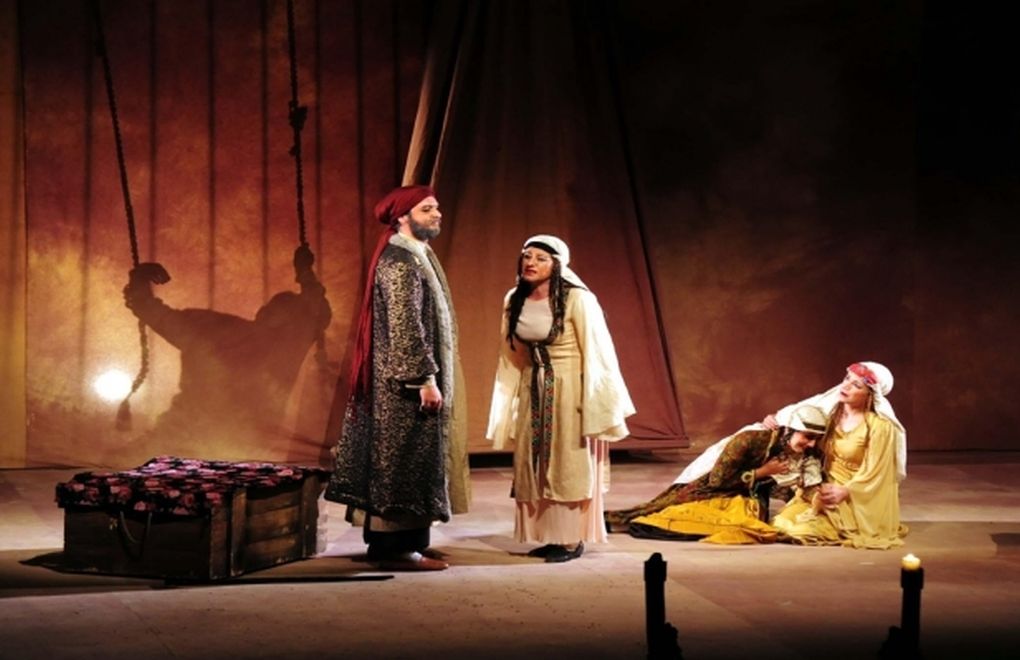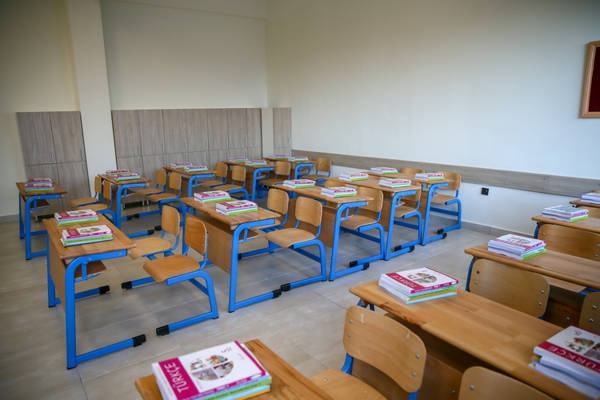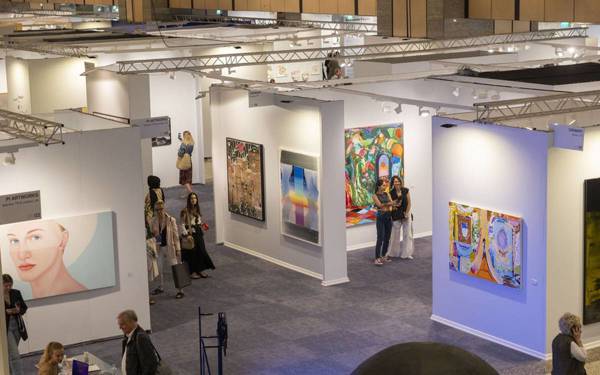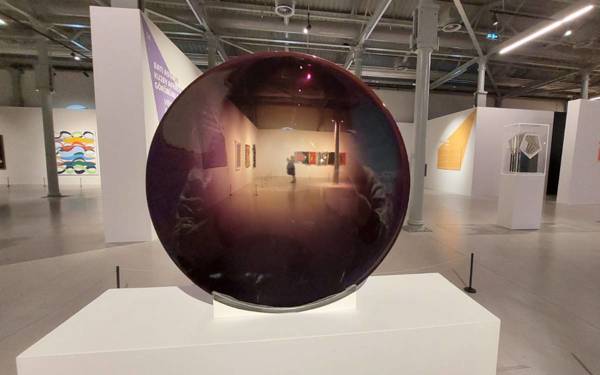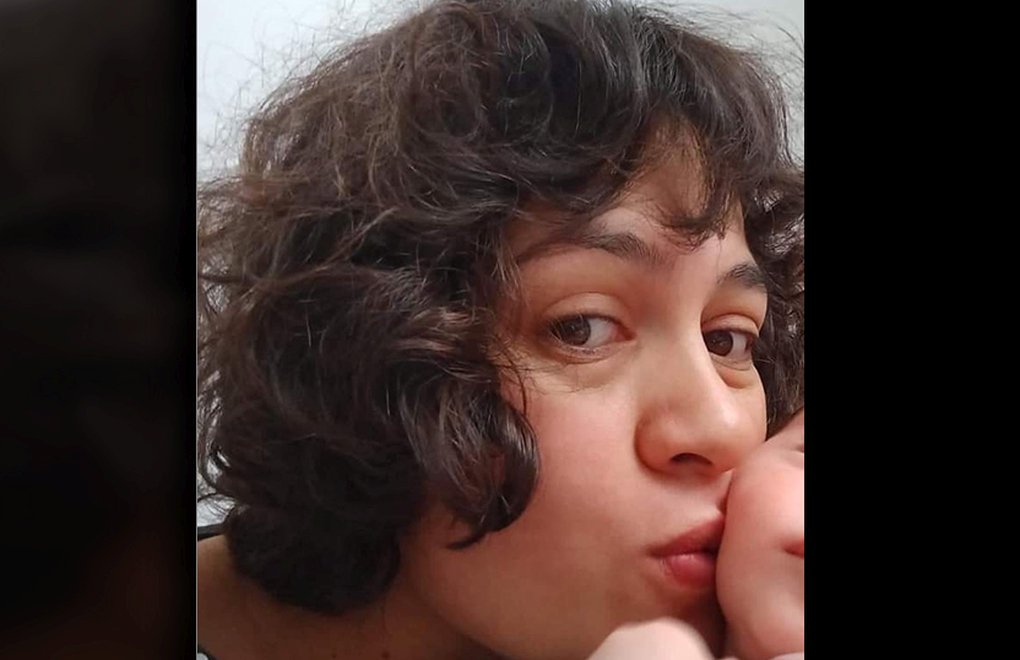Click to read the article in Turkish / Kurdish
The 11th Civil Chamber of the Court of Cassation has concluded the case filed by Cuma Boynukara, the writer of "Mem û Zîn" (Mem and Zin) play, against the Directorate General of State Theaters.
While the play was being staged at the Van State Theaters in the 2012-2013 season, some changes were made in the play without asking for Boynukara's permission. The word "Newroz" (as it is written in Kurdish) was changed into "Nevruz" (as it is written in Turkish)." Moreover, a Kurdish festivity was depicted as a Turkmen wedding.
The then Director of State Theaters was Lemi Bilgin.
Boynukara applied to the İstanbul Anadolu 1st Intellectual and Industrial Rights Civil Court and filed a lawsuit against the Directorate General of State Theaters in 2012. Boynukara won the lawsuit.
After the Directorate General of State Theaters appealed against this ruling, the file was taken to the Court of Cassation. The 11th Civil Chamber of the Court of Cassation has found Boynukara right.
In its ruling dated March 25, 2021, the 11th Civil Chamber of the Court of Cassation has ruled that playwright Cuma Boynukara shall be paid 63,600 lira in pecuniary damages and 15,000 lira in non-pecuniary damages, including the interest accrued since October 2, 2012.
'My most productive period spent in courthouses'
Cuma Boynukara has underlined that the related ruling of the Court of Cassation sets a precedent for the theater world.
He has noted that "the court has not approved the additions to the artwork of a writer or omissions from that work without the permission of the playwright, whether you call it censorship or objectionable."
"The court has said, 'You cannot censor as you wish.' It has said, 'If Cuma Boynukara wrote here as "Newroz", you cannot just change it into "Newroz" as you wish. The writer talks about a Kurdish festivity here, you cannot just change it as a Turkmen wedding'," Boynukara has said.
"This will set a precedent for other cases from now on. It is also important for interdisciplinary relations.
"Apart from this, it was a very tiring process. Newroz was right back then, it still is. I mean, this is the right thing."
'I don't let you say Newroz!'
Commenting further on the judicial process and the ruling, he has said: "You are left so alone in your struggle against the dominant culture disregarding everything else... If that is a win, then, we win.
"12 years were something else. I spent my most productive years in the halls of courthouses. The expert reports constantly changed. Three different expert reports were written. We were faced with the following in all expert reports: These additions are not ethical.
"The State Theaters were headed by Lemi Bilgin. Bilgin said, 'Boynukara; you call it Newroz, we call it Nevruz; I don't let you say Newroz.' And I will not let what my mother and father say be changed."
'It became an instrument to opening process'
Boynukara has said that "the theater play became an instrument to the opening process" for the Kurdish question. "Objections began. New reports, new reports... Then, the Court of Cassation and, once again, the Court of Cassation... What does my play have to do with the opening process? I want to do conscientious work," Bonukara has noted, briefly adding:
"The State Theaters' executives changed and the play was staged at the Diyarbakır State Theaters later on. That was loyal to the text. So, it could be done. Neither an earthquake occurred nor the hell broke loose!" (AÖ/SD)





